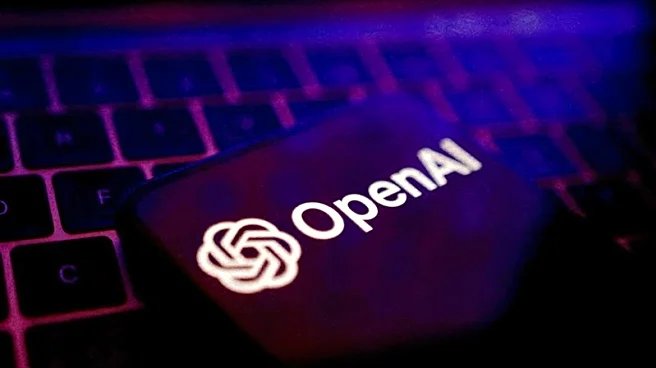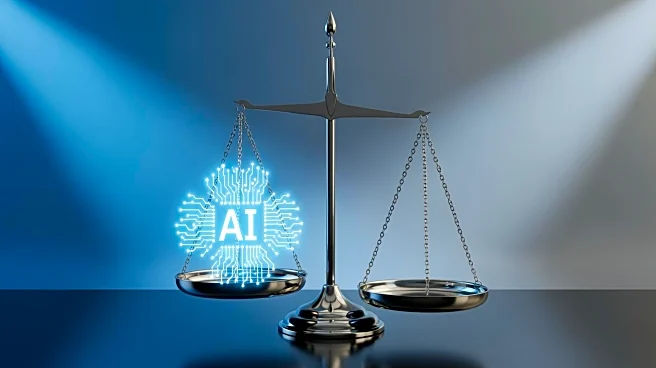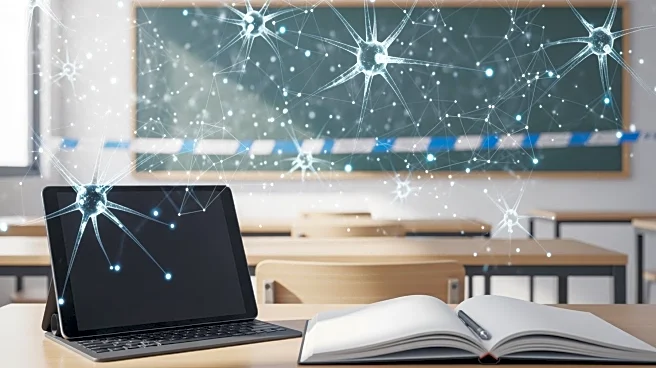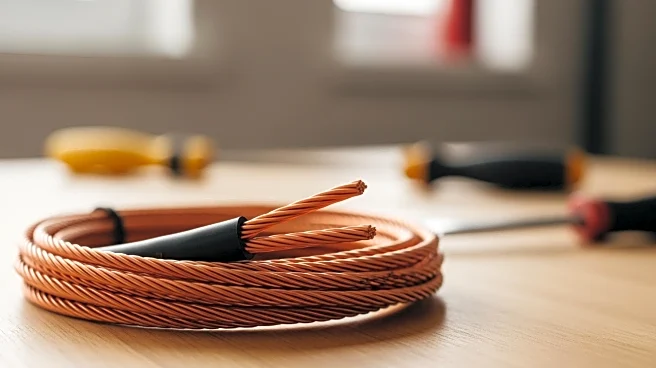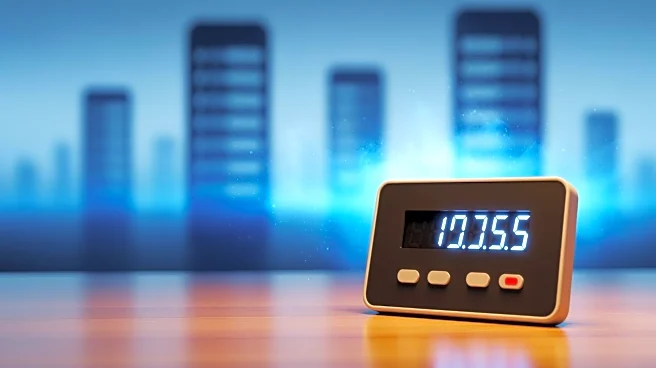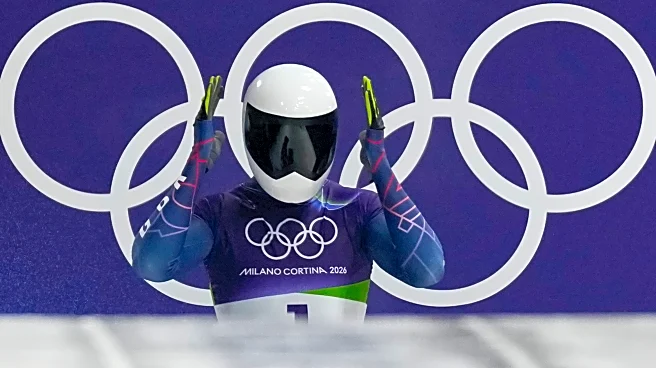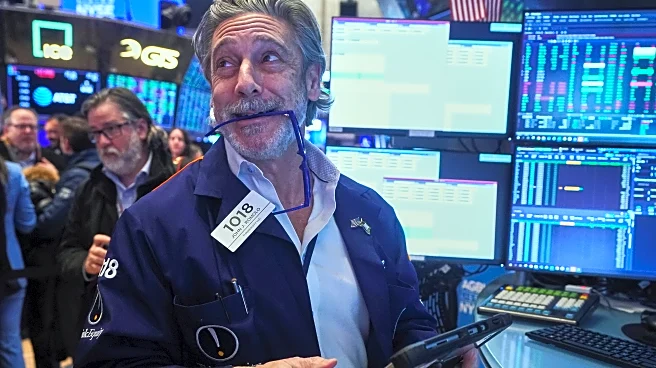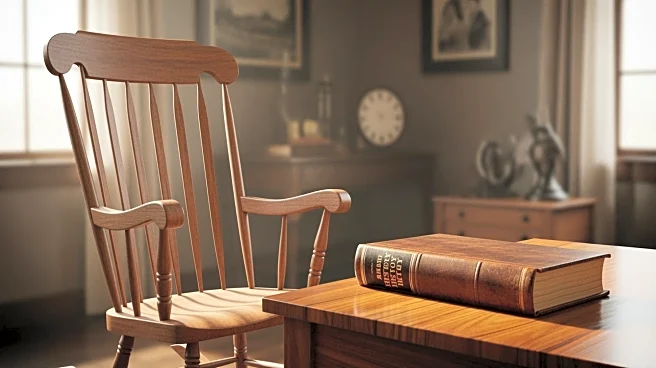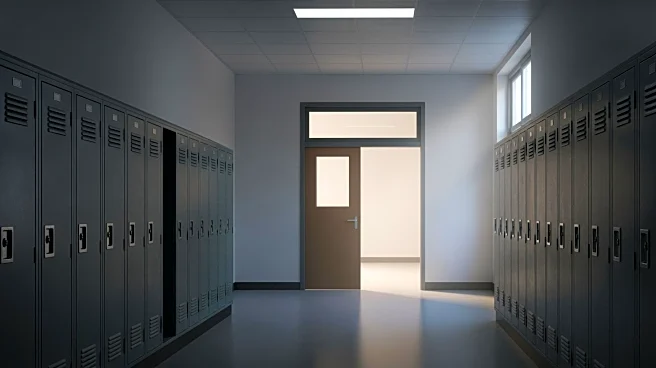By Blake Brittain
(Reuters) -OpenAI asked a federal judge in New York on Wednesday to reverse an order that required it to turn over 20 million anonymized ChatGPT chat logs amid a copyright infringement lawsuit by the New York Times and other news outlets, saying it would expose users' private conversations.
The artificial intelligence company argued that turning over the logs would disclose confidential user information and that "99.99%" of the transcripts have nothing to do with the copyright infringement
allegations in the case.
"To be clear: anyone in the world who has used ChatGPT in the past three years must now face the possibility that their personal conversations will be handed over to The Times to sift through at will in a speculative fishing expedition," the company said in a court filing.
LAWSUIT CLAIMS OPENAI MISUSED TIMES STORIES
The news outlets argued that the logs were necessary to determine whether ChatGPT reproduced their copyrighted content and to rebut OpenAI's assertion that they "hacked" the chatbot's responses to manufacture evidence. The lawsuit claims OpenAI misused their articles to train ChatGPT to respond to user prompts.
Magistrate Judge Ona Wang said in her order to produce the chats that users' privacy would be protected by the company's "exhaustive de-identification" and other safeguards. OpenAI has a Friday deadline to produce the transcripts.
Spokespeople and attorneys for the New York Times did not immediately respond to requests for comment.
OpenAI Chief Information Security Officer Dane Stuckey said in a blog post on Wednesday that sharing the logs would violate privacy and security protections and "force us to turn over tens of millions of highly personal conversations from people who have no connection to the Times’ baseless lawsuit."
The case is one of many pending lawsuits against tech companies over the alleged misuse of copyrighted work to train AI systems.
(Reporting by Blake Brittain in WashingtonEditing by Rod Nickel)
